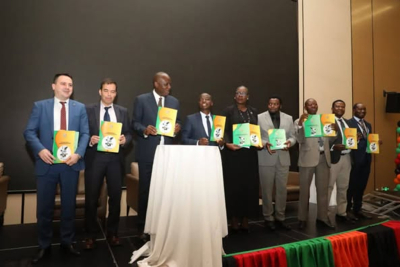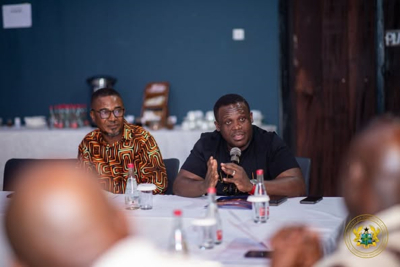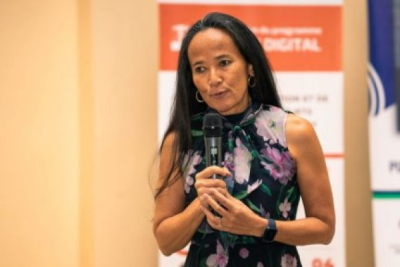With the launch of its nanosatellite Gaindesat-1A, Senegal has taken a major step forward in its space strategy. The country now aims to position space as a strategic lever for development and sovereignty.
Senegal's General Staff of the Armed Forces (EMGA) and the Senegalese Space Studies Agency (ASES) signed a five-year memorandum of understanding on Thursday, June 5, to develop the country's first national satellite constellation. This strategic initiative aims to enhance technological sovereignty and strengthen national defense capabilities.
"By creating ASES, the Senegalese government has made its ambitions clear: to position the space sector as a cross-cutting lever for impact across all domains—starting with security," said Maram Kaïré, Director General of ASES, praising the government’s forward-thinking approach.
The project involves deploying a constellation of nanosatellites. These small, orbiting satellites will work in coordination to provide continuous and comprehensive coverage of Senegal’s territory. Key applications include Earth observation to support security, environmental monitoring, and natural resource management.
European aerospace company Prométhée Earth Intelligence will provide technical support. Prométhée, which specializes in satellite technology and Earth observation data analytics, will collaborate closely with Senegalese authorities to co-develop a sovereign, sustainable, and inclusive space capability.
Once operational, the satellite constellation will enable real-time surveillance of national territory. This will meet security needs while also supporting biodiversity protection, risk prevention, and economic development. The technology is expected to have applications in areas such as precision agriculture, land use planning, and infrastructure management.
With fewer than 50 African nations possessing national satellites, this agreement represents a major step forward in Senegal’s technological sovereignty. It is part of the broader SenSAT national space program, which seeks to establish autonomous space capabilities for the country.
Beyond security, the project is poised to drive innovation, create high-value jobs, and enhance Senegal’s control over geospatial data, solidifying space as a pillar of long-term strategic independence.
By Samira Njoya,
Editing by Sèna D. B. de Sodji



















